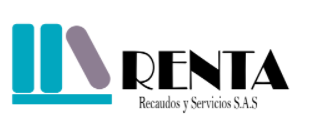A digital data room is an encrypted platform that allows companies can share files with partners, investors, and other third parties during due diligence or M&A processes. It facilitates an https://www.dataroomhub.net/ easier, more transparent and collaborative process than sending documents via messages or email. Most importantly, it permits organizations to protect intellectual property by ensuring only authorized users have access to sensitive files.
The top VDRs offer user-specific permissions and a comprehensive activity log that reveals when files were viewed, who viewed them, and for the duration of. This transparency is essential to legal and negotiation purposes and demonstrates accountability and reduces the chance of security breaches. Some data rooms also offer watermarks, or other restricted viewing features to prevent leaks even after a file has been downloaded.
Apart from offering advanced security features, the majority of digital data rooms improve workflows and boost collaboration. They integrate with project management tools such as document management systems, document management systems and enterprise resource planning (ERP) software to enable teams to seamlessly work across platforms and enable smoother data transitions. They offer flexible search and annotation features to assist users in finding the information they require.
A virtual data room allows sharing of files with anyone at any time and on any device. This can reduce costs for printing and paper waste, which allows businesses to boost their environmental initiatives. Moreover, it eliminates the necessity of sending new versions of documents to each participant, which saves time and money. It allows users to participate in real-time chats and Q&A functions, making deal-making more efficient.
